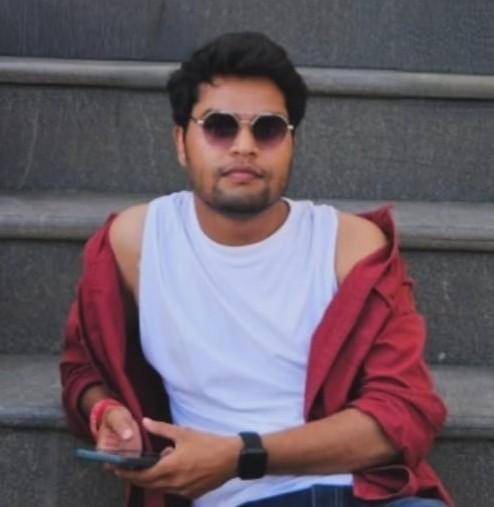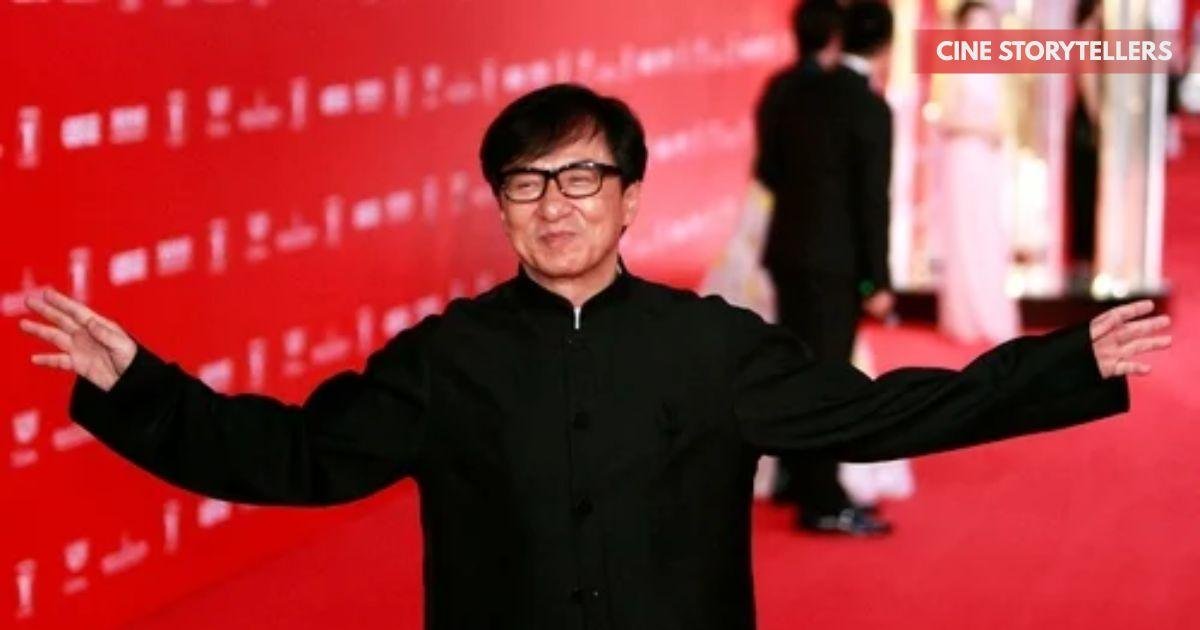Jackie Chan, one of the most influential martial artists and action stars in cinematic history, has expressed admiration for Jurassic Park, the groundbreaking science fiction film directed by Steven Spielberg. But despite his stardom and global appeal, Chan was reportedly denied a role in the film. This article explores why Jackie Chan was not cast in Jurassic Park, what this reveals about Spielberg’s vision, and how the incident reflects broader trends in Hollywood casting.
Jackie Chan’s Desire to Join Jurassic Park
Jackie Chan, known for films such as Police Story, Rush Hour, and Drunken Master, revealed that he once expressed interest in joining the Jurassic Park franchise. In a past interview, Chan stated, “I want to do something like Jurassic Park. I want to walk with dinosaurs.” His enthusiasm for Spielberg’s cinematic universe underscored not just a fan’s admiration but a professional desire to align with Hollywood’s biggest names.
However, Chan went on to recount Spielberg’s response: “No! What we like you in is Jackie Chan action. That’s what we like.” The implication was clear—Spielberg did not see Chan’s distinct brand of action fitting seamlessly within the cinematic world of Jurassic Park.
Spielberg’s Vision for Jurassic Park
Steven Spielberg, renowned for shaping modern blockbuster cinema, had a very particular vision for Jurassic Park. Released in 1993, the film combined groundbreaking CGI with a serious narrative tone grounded in science fiction and suspense. The ensemble cast—including Sam Neill, Laura Dern, Jeff Goldblum, and Richard Attenborough—was selected for dramatic presence rather than action choreography.
Spielberg’s rejection of Jackie Chan’s inclusion wasn’t a matter of talent or popularity. Rather, it reflected his dedication to maintaining a consistent narrative tone. While Chan’s charisma and physical agility are assets in action-comedy and martial arts cinema, they may have conflicted with the subdued, tension-heavy storytelling Spielberg pursued.
Timing and Global Recognition: Another Key Factor
Another factor to consider is Jackie Chan’s visibility in the Western market at the time. When Jurassic Park was in production, Chan had not yet reached peak fame in the United States. Although he was already a massive star in Asia, his Hollywood breakout wouldn’t come until the mid- to late-1990s with films like Rumble in the Bronx (1995) and Rush Hour (1998).
It’s possible that Spielberg’s decision was influenced not only by tone but also by market familiarity. From a commercial perspective, Chan might not have been considered a bankable actor for a Western audience in 1992–93, especially in a film reliant on character-driven tension rather than action spectacle.
Genre Compatibility and the Role of Typecasting
Jackie Chan has long been associated with martial arts, comedic action, and intense stunt choreography. These elements have defined his global brand. Spielberg, however, has been known to cast actors who align precisely with the emotional or intellectual weight of his films. The tone of Jurassic Park—serious, awe-inspiring, and suspenseful—may have clashed with Chan’s action-centric image.
Spielberg’s reported comment—”We like you in Jackie Chan action”—hints at the Hollywood tendency to typecast. While Chan’s versatility is well-known among global audiences, Western filmmakers have often struggled to place him outside martial arts genres. Thus, Chan may have been unintentionally limited by the very skill set that made him a star.
Missed Opportunities or Artistic Integrity?
One could argue that Spielberg missed an opportunity to diversify his cast and introduce Chan to Western audiences on a larger stage. Chan’s performance in a film like Jurassic Park could have added global box office appeal and broadened the cultural scope of the film.
On the other hand, Spielberg’s decision could also be seen as an act of artistic integrity—prioritizing character fit and narrative cohesion over commercial trends. Rather than adapting the story to fit star power, he preserved the thematic consistency of the film.
Jackie Chan and Spielberg: A Later Collaboration
Interestingly, Jackie Chan and Steven Spielberg would go on to collaborate indirectly. In 2002, Chan starred in The Tuxedo, a spy-action comedy for which Spielberg served as executive producer. This suggests that while Spielberg may have felt Chan’s style was unsuitable for Jurassic Park, he remained interested in working with the actor on projects better suited to his strengths.
Chan himself acknowledged this in interviews, stating he took the role in The Tuxedo in part because Spielberg’s name was attached to the production. This indicates a mutual respect between the two icons, despite their creative differences regarding Jurassic Park.
Other Notable Casting Stories from Jurassic Park
Jackie Chan was not the only major figure who didn’t make it into Jurassic Park. Other actors such as William Hurt, Tim Robbins, and Harrison Ford were reportedly considered or offered roles but declined for various reasons. Ford, for instance, felt the role of Dr. Alan Grant was too similar to his Indiana Jones character.
These casting decisions highlight Spielberg’s meticulous approach to ensuring that each actor complemented the film’s intended atmosphere. By prioritizing tone over celebrity, he crafted a film that has endured for decades as a cinematic milestone.
What This Means for Hollywood Representation Today
Jackie Chan’s exclusion from Jurassic Park offers insight into Hollywood’s evolving—but still complex—relationship with global talent. While Chan eventually became a household name in the U.S., the early 1990s saw limited roles for Asian actors in mainstream Western cinema, particularly in genres outside martial arts or comedy.
Today, with increased calls for diversity and inclusion, one could imagine a Jurassic Park reboot welcoming an international star like Chan with open arms. The incident serves as both a snapshot of past casting limitations and a reference point for how the industry has progressed.
Also Read : Fantastic Four: First Steps Takes Box Office by Storm – A Stellar Marvel Comeback
Conclusion: A Case of Vision over Versatility
Jackie Chan’s wish to appear in Jurassic Park and Spielberg’s polite refusal represent a rare glimpse into the dynamics of Hollywood casting. It wasn’t about lack of talent, but about aligning actors with a director’s singular vision. Spielberg saw Jurassic Park not as an action vehicle but as a suspenseful, character-driven narrative—and cast accordingly.
While fans may wonder what a dinosaur-packed Jackie Chan film might have looked like, Spielberg’s decision ultimately helped solidify Jurassic Park as one of the most influential blockbusters in film history. Jackie Chan would go on to dominate his own lane in global cinema—proving that even when paths don’t cross creatively, mutual respect and success can still coexist.
Join our WhatsApp channel for more updates and information about celebrities and entertainment.

I’m Atul Kumar, founder of Cine Storytellers and an entertainment creator with 5+ years of experience. I cover films, celebrities, music, and OTT content with a focus on accurate, ethical, and engaging storytelling. My goal is to bring readers trustworthy entertainment news that informs, inspires, and goes beyond gossip.
Discover more from Cine Storytellers
Subscribe to get the latest posts sent to your email.
